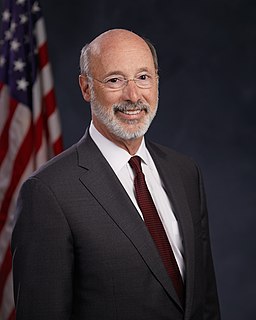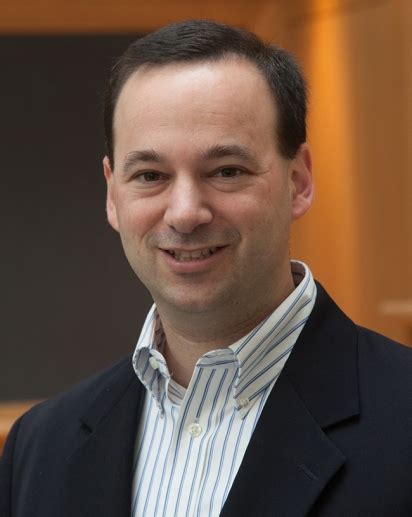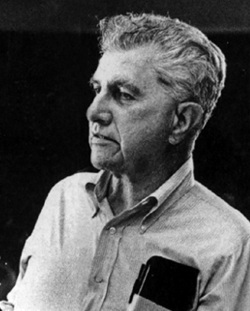A Quote by Hans Christian von Baeyer
We don't know what energy is, any more than we know what information is, but as a now robust scientific concept we can describe it in precise mathematical terms, and as a commodity we can measure, market, regulate and tax it.
Related Quotes
We live in a time when there are tech companies that have an unprecedented accumulation of power, wealth, and information with basically no competition. It's not in their nature to self-regulate, to break themselves up, or ask for less information. It's only in their nature to grow and gain more information from us, because the more that they know about us, honestly the better they can market to us and sell to us and make us better consumers.
Information is now a commodity that can be bought and sold, or used as a form of entertainment, or worn like a garment to enhance one's status. It comes indiscriminately, directed at no one in particular, disconnected from usefulness; we are glutted with information, drowning in information, have no control over it, don't know what to do with it.
We have more information now than we can use, and less knowledge and understanding than we need. Indeed, we seem to collect information because we have the ability to do so, but we are so busy collecting it that we haven't devised a means of using it. The true measure of any society is not what it knows but what it does with what it knows.
People think that this concept of GDP is scientific economics, partly because it has a precise number and can be quantified. But the underlying concept of "the market" makes it appear as if today's poverty is natural. It makes it appear that Goldman Sachs and Donald Trump are job creators instead of job destroyers. That is illogical, when you think about it.
You are smart people. You know that the tax cuts have not fueled record revenues. You know what it takes to establish causality. You know that the first order effect of cutting taxes is to lower tax revenues. We all agree that the ultimate reduction in tax revenues can be less than this first order effect, because lower tax rates encourage greater economic activity and thus expand the tax base. No thoughtful person believes that this possible offset more than compensated for the first effect for these tax cuts. Not a single one.
...the mind is more powerful than any imaginable particle accelerator, more sensitive than any radio receiver or the largest optical telescope, more complete in its grasp of information than any computer: the human body- its organs, its voice, its powers of locomotion, and its imagination- is a more-than-sufficient means for the exploration of any place, time or energy level in the universe.
Have you come over time to think that you know more now than you did when you were young, know less now than when young, know now there is so much more to know than you knew there was to know when young that it is moot whether you think you knew more then than now or less, or do you now know that you never knew anything at all and never will and only the bluster of youth persuaded you that you did or would?
The concept of intuition is more often used in philosophical theorizing than is the concept of observation in scientific theorizing (proportionately). One reason is that there is (proportionately) more ostensible conflict of philosophical intuitions than there is ostensible conflict of scientific observations. So much for the use of a concept of intuition in philosophical theorizing.
Absolute, true, and mathematical time, in and of itself and of its own nature, without reference to anything external, flows uniformly and by another name is called duration. Relative, apparent, and common time is any sensible and external measure (precise or imprecise) of duration by means of motion; such as a measure-for example, an hour, a day, a month, a year-is commonly used instead of true time.
































